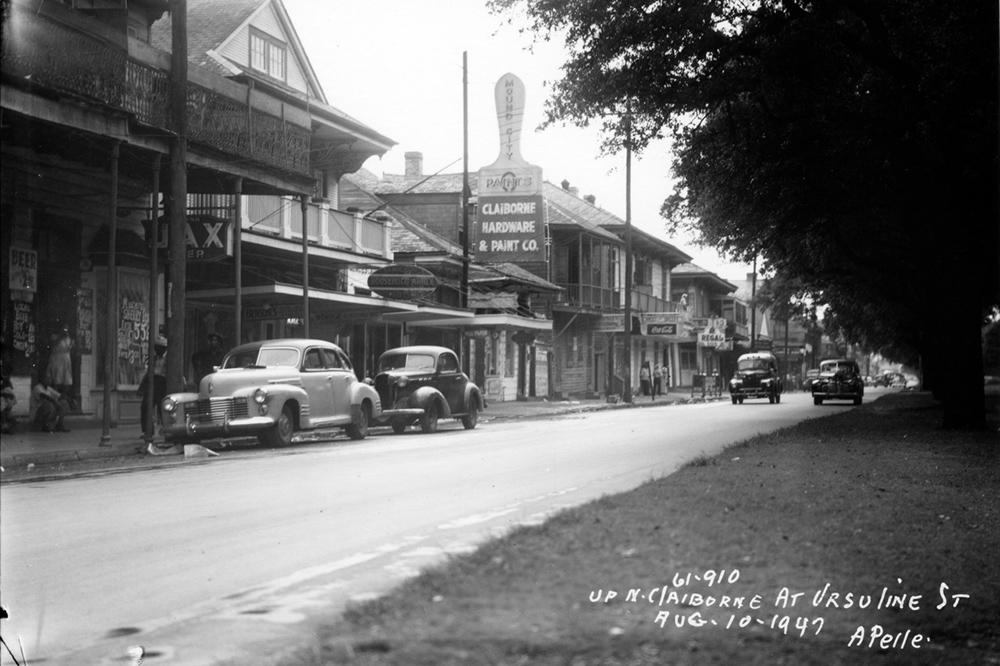
After a flood of reports of judges using social media in partisan and inappropriate ways, experts say states should revisit their guidelines and give more clarity regarding social media misconduct.
By @erikhjortiz
#NBCNewsThreads (1/9) nbcnews.to/3i2UwCR
By @erikhjortiz
#NBCNewsThreads (1/9) nbcnews.to/3i2UwCR
A local judge in upstate New York resigned in May after a state agency opened an investigation into Facebook posts that allegedly conveyed anti-LGBTQ and anti-Muslim bias and showed favoritism toward law enforcement. (2/9)
This case, along with others, highlights a judge who seemed to run afoul of ethics guidelines by using social media in ways that state oversight commissions said could taint the credibility of their offices, betray public confidence and call into question their impartiality (3/9)
While the frequency of which judges are accused of breaching online ethics protocols isn’t tracked, a review of dozens of cases shows a large lapse in judgment among many of them. Experts believe it’s being stoked by the nation’s political divide & social media’s ubiquity. (4/9)
“The norms are different now than when these guidelines first came out,” said Agnieszka McPeak, an associate professor of law at Gonzaga University. “We are nudged to communicate quickly without really thinking, which makes using social media even more perilous for judges.” (5/9)
States follow the American Bar Association’s “model code of judicial conduct,” which does not specifically mention social media norms. The association offers guidance from 2013 that says if judges use “proper care” online, they can avoid compromising their integrity. (6/9)
Over the past year, a handful of state courts, judicial commissions and judicial associations have issued advisory opinions to guide judges’ social media use and warn them they face sanctions, like reprimand or even the rare removal from office, for violating ethics rules. (7/9)
Judge Stephen Dillard, who sits on the Court of Appeals of Georgia, said the hazards of social media shouldn’t dissuade judges from using it, and if employed correctly, it can provide an outlet for them to connect with constituents while demystifying what they do. (8/9)
“There are plainly topics that judges should avoid altogether,” Dillard wrote. “But posting about issues that do not compromise impartiality and independence can enhance public trust in judges and the judiciary.” (9/9)
• • •
Missing some Tweet in this thread? You can try to
force a refresh









